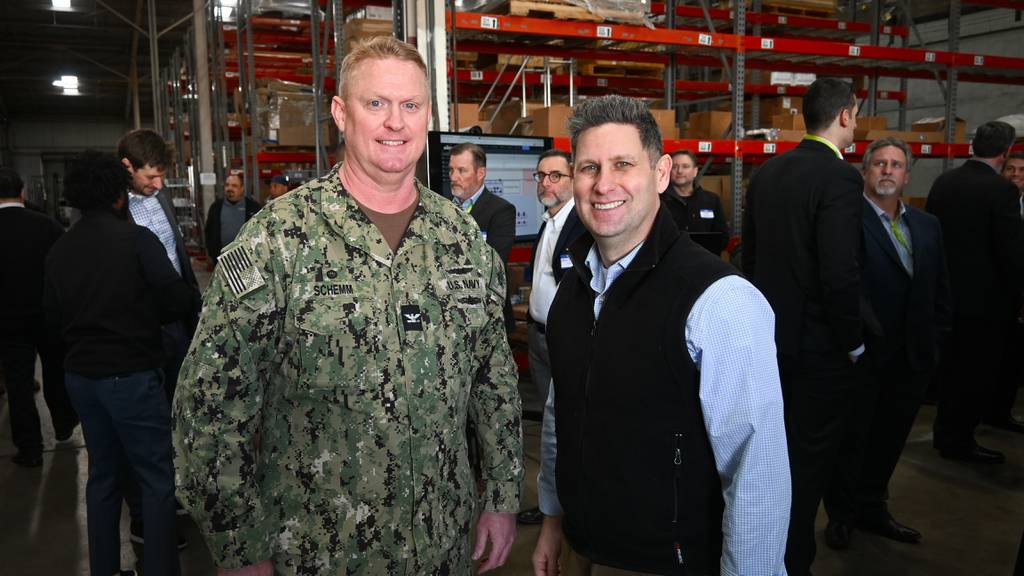
WASHINGTON — The Department of the Navy is accepting proposals for ways units and offices across the Navy and Marine Corps can spend money more wisely.
Russell Rumbaugh, the U.S. Navy comptroller, said this Running Fix initiative, directed by the service’s secretary, asks everyone to think about processes that could be more efficient, resources that are no longer needed, and other ways to ensure limited money is spent responsibly.
Ideas must be submitted by an O-5 level officer or higher, but Rumbaugh suspects the best ones will be those that trickle up from the bottom.
For ideas that can be addressed at the O-5 level, those senior leaders are expected to make the fixes themselves. For anything that needs higher-level attention, the commanders and lieutenant colonels can submit their ideas online.
Rumbaugh acknowledged in a Jan. 8 media call that lawmakers are making progress toward passing defense appropriations for the current fiscal year, rather than ask the military to go a whole year under a continuing resolution. “Nevertheless, it’s still a capped budget, there still is another capped year still to come,” he said. “And that means we need to take responsibility — just as the act is called, Fiscal Responsibility Act — we need to be responsible stewards of taxpayer dollars and prove that we are doing the best with the dollars that we have.”
Rumbaugh said there is a nuanced tie between the Running Fix effort and cost savings. On the one hand, he explained, this initiative comes as the Pentagon faces years of spending caps even amid high inflation, rising labor costs, and expanding real-world operations and threats that put additional pressure on the budget.
But, he said, “this is not an efficiency drill. It’s not a cut drill. This is a ‘do things better.’ ”
The first phase, for solicitations, began Jan. 8 and will remain open for at least two weeks. It could be more, Rumbaugh said, given his partner in this effort, Nickolas Guertin, was recently sworn in as the assistant secretary of the Navy for research, development and acquisition.
In subsequent phases, working groups will select the nominated issues they’ll tackle based on what has the potential for substantial payoff. Groups will then look closer at the chosen issues to examine how to implement them and what budget impact the change would have.
Final implementation will come in the fiscal 2026 budget, Rumbaugh said.
Author: Megan Eckstein
Source: DefenseNews



